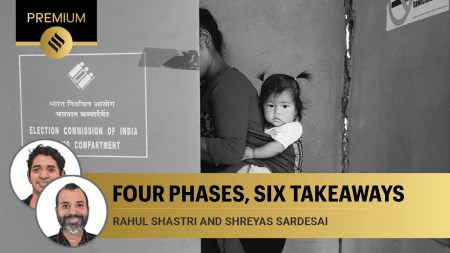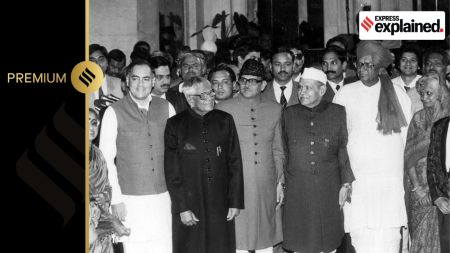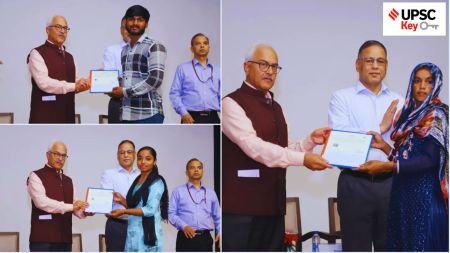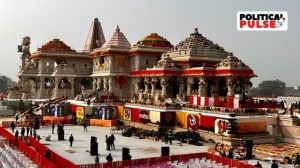- India
- International
Mahasweta Devi: Touching the rainbow
It was in Mahasweta Devi’s varied imagination that she could live out her dreams.
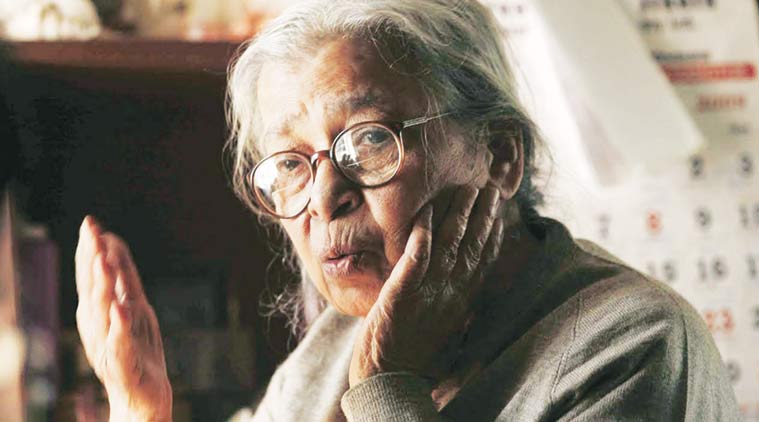 Mahasweta Devi
Mahasweta Devi
As I have been saying incessantly, the right to dream should be the first fundamental right!” announced Mahasweta Devi at the Jaipur Literary Festival in 2013. I agree with her completely. She had lived a dream life. We have been discussing her social activism much more than her life as a writer. She herself turned the world’s attention from her literature to her social and political life, allowing herself to be called “the mother of the Shabars”. She was satisfied with her life and art, dedicating all of it to the oppressed.
Before her involvement with the Shabars, she felt alone and listless. This was when, for her, “writing became my real world, in which I lived and survived.” Her marriage to playwright Bijon Bhattacharya had ended in divorce and their son Nabarun, then 11, chose to stay with his father. He grew up to be a Sahitya Akademi award winner. Mother and son, who had been rather distant, travelled together to Delhi to attend the award ceremony and there was a joyous reunion. His unexpected death from cancer two years ago devastated Mahasweta. In a published conversation, she accepted that the deep sense of regret and guilt in her story about Shelly abandoning her 12-year-old helpless sister Nellie, reflected her own guilt and pain, after leaving her son.
I want to look at the less-known Mahasweta – the writer for children. In the 1960s, for nearly a decade, she wrote for Mouchak, a Bengali children’s magazine. In the 1970s, Mahasweta started writing for Sandesh, another famous children’s magazine, at the invitation of its editor, Satyajit Ray. Along with hilarious tales for Sandesh, she was writing the stories that would make up Agnigarbha (Womb of Fire). It is this wide, varied imagination that I salute her for, and this is where her dreams touch the rainbow.
Let me share some of her absurd stories with you. These tales were mostly spun around her siblings, parents, and imaginary creatures. Tutul (as her father called her) the incorrigible dreamer, was completely different from Mahasweta, the angry champion of the disadvantaged. In one story, a lonely child suddenly finds a friend — a boy climbs out of the TV screen to play with him. There are imaginary animals, friendly and not so friendly, and great tricks that naughty boys (her little brothers) play on others, and wriggle out of impossible situations.
The first of nine siblings, Mahashweta grew into a little mother when their mother broke her leg. Caring for people became part of her nature (the Shabars fitted in nicely). Another time, Mahasweta’s mother Dharitri Debi was travelling with the children, leaving her father in her care. One day, a series of rickshaws arrived, unloading hundreds of cauliflowers. Her father stepped out of one, followed by two bags of rice. Poor Tutul!

When her mother was to return, father brought cartloads of potted roses. He was going to build a rose garden as a homecoming surprise. All those pots were dug into the ground. A fantastic garden stood there, ready with roses. But the watering was indifferent and the sun merciless. By the time mother arrived, they had shrivelled up. She was shocked to see such a huge rose garden, completely dead!
Mother was strong-willed, too. She had trained her cow Nyadosh (“fatty”) to enjoy fish and flesh. Nyadosh could climb stairs and shock onlookers by licking mutton and fish bones. One day, Nyadosh was brought home by an angry gardener. She had chewed up all the used banana leaves at the garbage heap after a neighbour’s feast. Poor greedy cow! The leaves, smelling of meat and fish, had tasted so good.
Father roared. Shame! Begging at our neighbours’ doors? We must put an end to it. He commanded that all plates and dishes should be put away forever, and the family should eat all their meals on banana leaves. From now on, no neighbours’ banana leaves’ feast for Nyadosh. Family supplies only!
There is life beyond writing and politics. Her deep, sensitive voice, singing calmly, kneeling beside my father’s body with tears in her eyes, will always remain with me. And the joyous Mahasweta didi, with whom I shared a birthday every year, I shall miss forever.
EXPRESS OPINION
More Explained
May 17: Latest News
- 01
- 02
- 03
- 04
- 05


